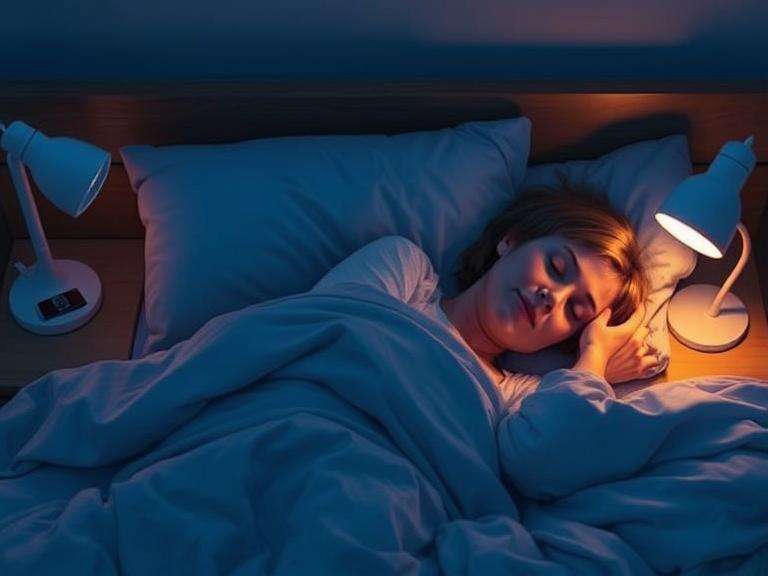Your basket is currently empty!

Gadgets have become an integral part of bedtime routines for many people—but their impact on sleep is not always positive. Smartphones, tablets, TVs, and even smartwatches can interfere with the body’s natural sleep cycle, causing restlessness, delayed sleep, and lower sleep quality.
One major reason is blue light emitted by screens. Blue light suppresses melatonin, the hormone responsible for making us feel sleepy. Using gadgets late at night can trick the brain into thinking it’s still daytime, making it harder to fall asleep.
Moreover, engaging content—social media, games, videos—stimulates the brain rather than relaxing it. Scrolling through news feeds or watching fast-paced videos before bed can increase stress and anxiety, especially if the content is upsetting or overwhelming.
Notifications are another sleep disruptor. The buzz of a late-night message or email can wake someone up or keep them mentally alert even after putting the phone down.
However, gadgets can also help improve sleep when used wisely. Sleep-tracking devices like smartwatches or sleep bands can provide insights into sleep cycles, duration, and quality. Apps offer guided meditations, white noise, and calming music designed to promote relaxation. Smart lights can mimic sunset to help prepare the body for sleep naturally.
The key is moderation and timing. Experts recommend avoiding screens for at least 30–60 minutes before bed and using night mode or blue-light filters. When used thoughtfully, gadgets don’t have to be enemies of sleep—they can become allies in developing healthier bedtime habits.
Leave a Reply